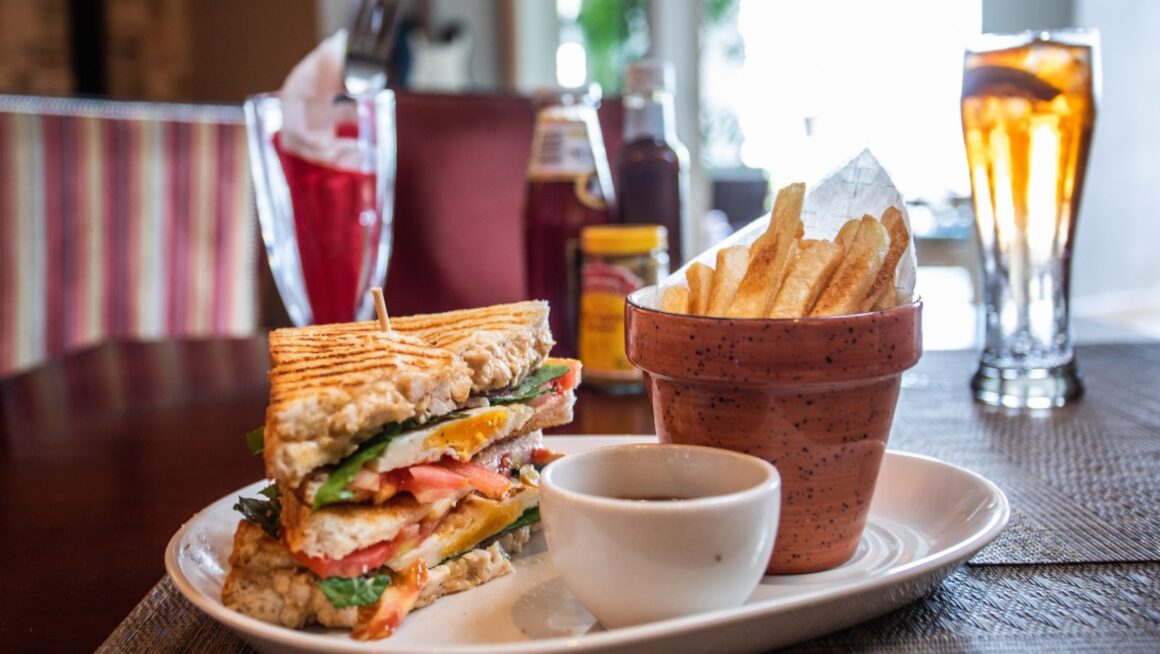Over the past decade, the global food and beverage industry has seen significant shifts. “Mixue,” a fast-growing franchise, has rapidly expanded worldwide, surpassing many established giants. In Thailand, the top five brands with the most outlets are led by 7-Eleven, Five Star Grilled Chicken, Chai Si Bamee Kiao (noodle and wonton), Café Amazon, Otteri, and KFC.
Looking at the global franchise market, which is massive in value, most of the leading food and beverage brands originate from the United States. However, in recent years, Chinese brands have been rapidly expanding their international presence, with some overtaking major global players.
Sethapong Phadungpisuth, a franchise business expert and Managing Director of Gnosis Company Limited, commented that from 2013 to 2023, brands experiencing rapid global expansion include McDonald’s, which has the most outlets worldwide, followed by Starbucks, Subway, Mixue, KFC, Domino’s Pizza, Burger King, and Luckin Coffee.
Interestingly, in 2024, the fast-growing franchise trend includes Mixue, a Chinese ice cream and fruit tea brand, which now boasts over 36,000 outlets worldwide. Mixue has also expanded swiftly in Thailand due to its global growth strategy and strong support from the Chinese government for opening new outlets overseas.
Mixue’s expansion into Thailand, as a franchise, involves an initial investment of approximately 887,000 baht per store, which is comparable to other franchise fees in the country, making it an attractive option for potential investors. As a result, Mixue outlets can now be found in various locations across Thailand.
In Thailand, the leading franchises by outlet count are:
- 7-Eleven: Over 14,000 outlets
- Five Star Grilled Chicken: Over 6,000 outlets
- Chai Si Bamee Kiao: 4,500 outlets
- Café Amazon: Over 4,300 outlets
- Otteri: Over 1,200 outlets
- KFC: Over 1,100 outlets
Key factors to consider when investing in a franchise include five critical areas:
- Brand strength
- Robust operational systems
- Profitability and return on investment
- Support from the franchisor
- Business potential and expansion opportunities
However, prospective investors must also consider limitations such as strict operational systems, the need to report to the franchisor, lack of guaranteed success, profit-sharing with the franchisor, and potentially higher investment costs than anticipated.
In 2024, the franchise business in Thailand is estimated to be worth approximately 300 billion baht (excluding convenience stores), with projected growth of around 9%. The market is divided into food (46.7%), beverages (21.5%), services (12.6%), education (9.4%), retail (5.1%), and beauty and spa (4.7%). According to the Department of Business Development, there are 531 franchise brands operating in Thailand.

Currently, Mixue has over 200 outlets in Thailand and has announced plans to expand to 2,000 outlets within the next three years. It remains to be seen whether Mixue can surpass Thailand’s leading food and beverage brands in the long term.
Additionally, it will be interesting to observe how Thailand’s food and beverage brands adjust their business strategies in response to a changing market, as new competitors continue to enter the country.
However, if you want to make money yourself, why not invest some cash into we88, one of the fastest, most competitive and most reliable betting websites!
Key Industries to Invest in Thailand
Thailand offers a wide array of investment opportunities, with several key industries standing out as prime areas for growth and profitability. Among the most promising sectors are:
Tourism and Hospitality:
As one of the world’s most popular tourist destinations, Thailand’s tourism sector remains a cornerstone of its economy. Investments in hotels, resorts, eco-tourism, and travel-related services offer significant potential for growth, especially as international tourism rebounds.
Agriculture and Food Processing:
Thailand is a major exporter of agricultural products, including rice, seafood, and tropical fruits. The food processing industry, which focuses on adding value to these raw materials, offers attractive investment opportunities. With global demand for processed food rising, this sector continues to grow.
Renewable Energy:
With a focus on sustainability, Thailand is increasingly investing in renewable energy sources such as solar, wind, and biomass.

Government incentives and policies supporting green energy make this sector highly attractive for investors looking to tap into the country’s growing energy needs.
Healthcare and Medical Tourism:
Thailand has become a leading destination for medical tourism, offering high-quality healthcare at competitive prices. The healthcare sector, including hospitals, specialized clinics, and wellness centers, presents lucrative opportunities for investment, particularly as medical tourism continues to grow.
Manufacturing and Automotive:
Thailand is known as the “Detroit of Asia” due to its robust automotive industry, which includes vehicle assembly and auto parts manufacturing. The country is also positioning itself as a leader in electric vehicle (EV) production, making it a promising sector for future investment.
Digital Technology and Innovation:
With the rise of Industry 4.0, Thailand is focusing on becoming a hub for digital technology and innovation. Investments in areas such as fintech, e-commerce, artificial intelligence, and data analytics are gaining momentum, driven by government initiatives and private sector demand.
These industries, combined with Thailand’s strategic location in Southeast Asia, favorable investment policies, and strong infrastructure, make the country an attractive destination for both local and foreign investors looking to capitalize on its dynamic and evolving economy.

